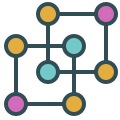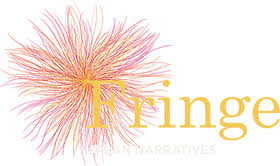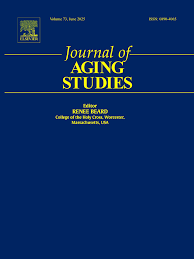network menu
This network brings together social anthropologists engaged in research, teaching, and applied work involving older adults, multi/inter-generational relationships, and life-course perspectives. The impetus, in 2018, to form the group was the need to enhance the presence of anthropology in research on ageing, generation and the life course. Issues around ageing, generation and the life course are increasingly influencing not only the fabrics of social relations, social policies, and health, but also emerging issues in areas like migration, new technology and climate change. The ability to understand these global transformations requires the kind of holistic, comparative, empirically grounded theory that anthropology excels at. In placing age and generations at the center of analyses of social life, our work reconsiders the diversity of roles people of all ages occupy; the different forms of agency and political power they wield; the intersections of age, gender, sexuality, ethnicity, and socio-economic positioning across the life course; the changing and multiple social roles of elders within families and other social groups and communities spanning across and between different societies.
Aims
- The network encourages exchange and collaboration through joint research projects, conferences and publications on topics of ageing, generation and the life course
- The Network develops and share resources on research methods, ethics, theory, and teaching to create a robust knowledge base that could form the basis of a key text and/or educational curricula
- The network explores opportunities to work with other EASA networks (Children and Youth Network, Medical Anthropology Network, Anthropology and Mobility Network, Applied Anthropology e.g.) to find bridging concepts that can have greater impact within social anthropology
- The Network encourages knowledge exchange opportunities to work with non-academic partners (community groups, health and care providers, human rights organizations, schools, e.g.)
- The Network encourages students and emerging scholars to pursue topics in ageing and life course research
- AGENET’s main activities include the facilitation of thematic panels during biennial conferences of the European Association of Social Anthropologists (EASA) as well as the organisation of lecture series and workshops in non-conference years. You can find a list of past events and further details on the Events page (scroll down to Past Events).
This website serves as an exhibition platform and provides resources and space for collaboration to our community of practice and people with lived experience. We invite contributions and offers of collaboration – please check various tabs for details.
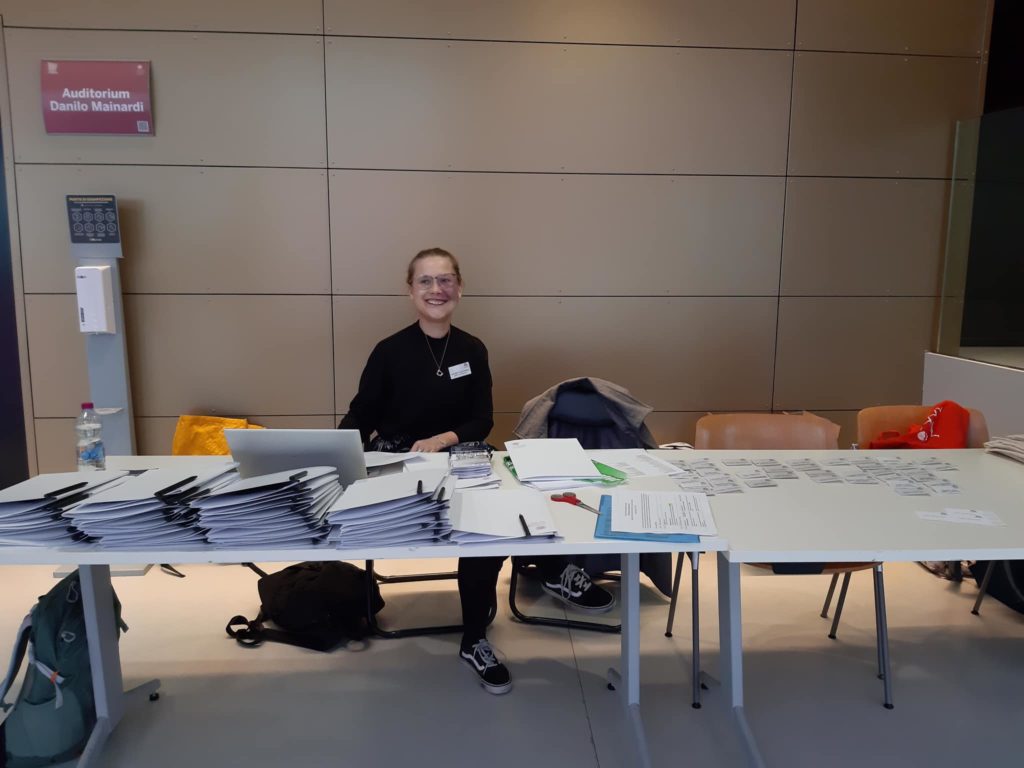
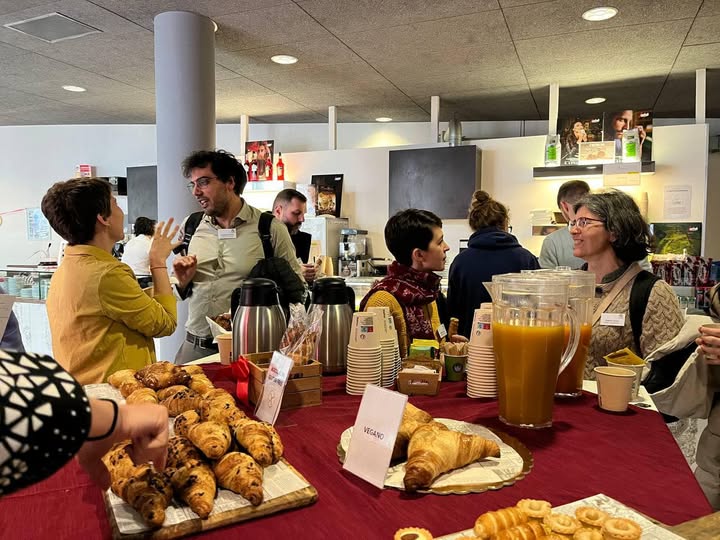
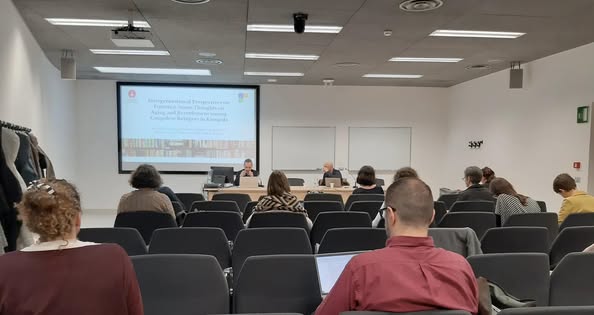
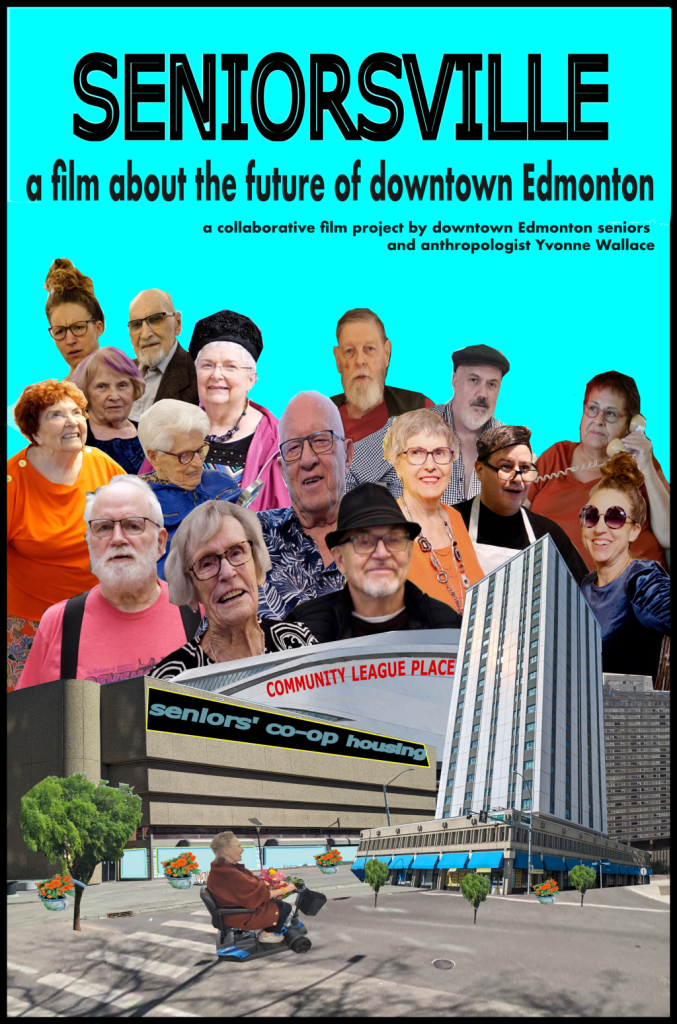
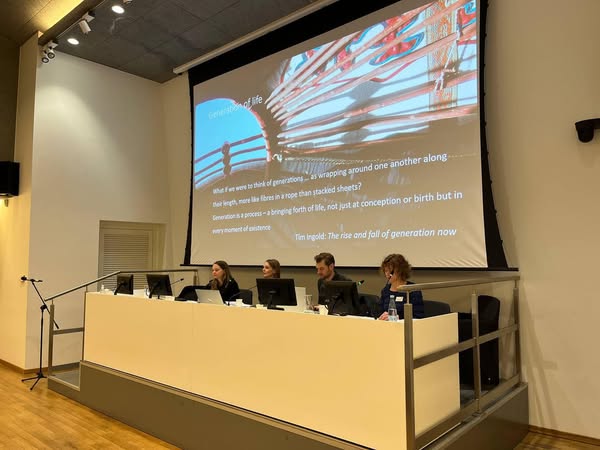
Latest news
Network convenors
Francesco Diodati
Christine Verbruggen
Ľubica Voľanská
Martina Laganà
Contact the network
Connect with us


